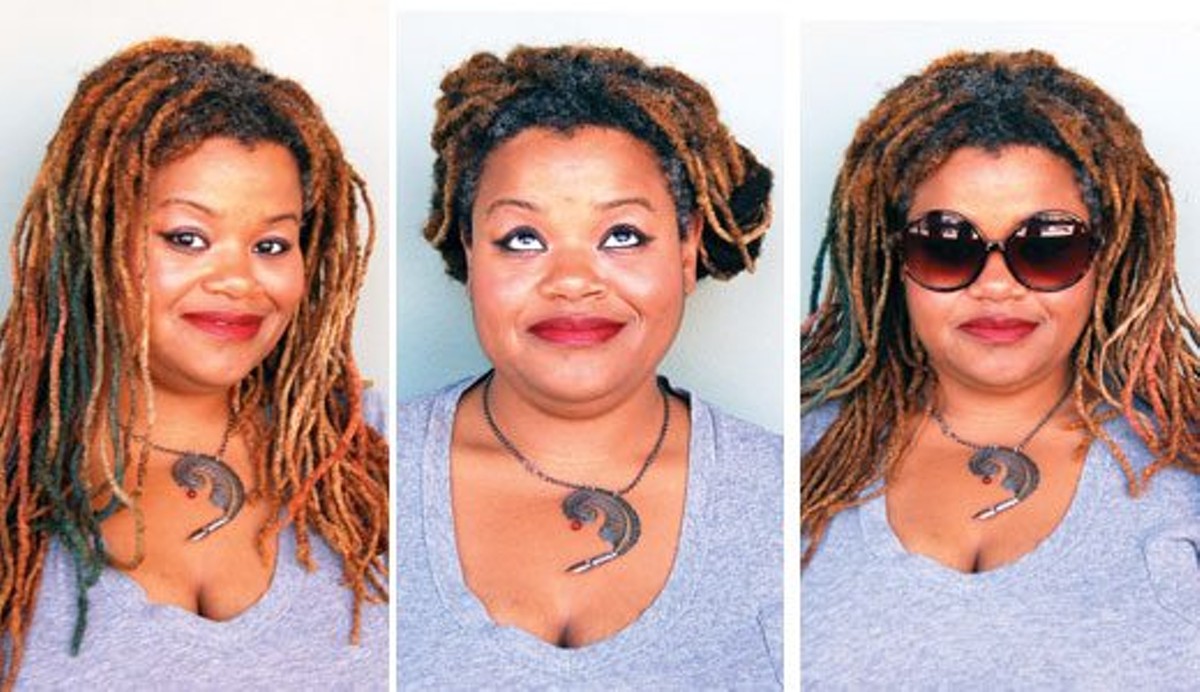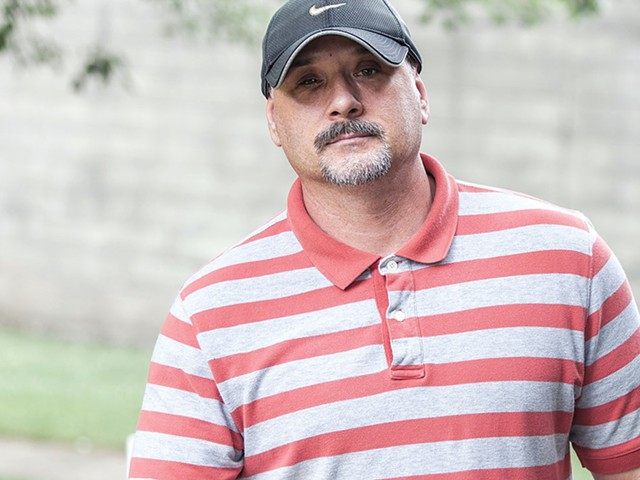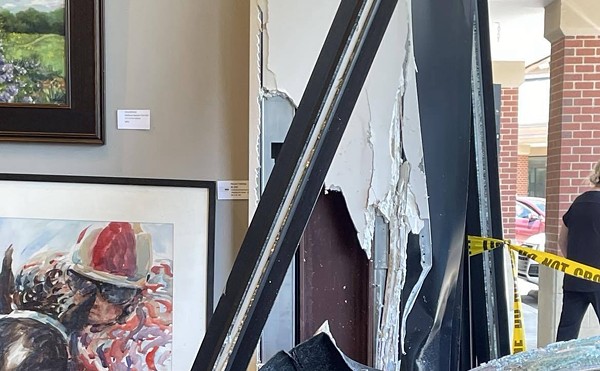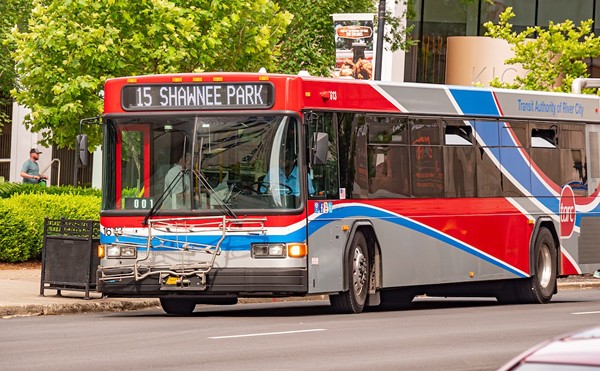It’s that time in the election season when the media — and all of Facebook — begin pointing fingers of blame about the outcome before it happens. Oh, we’ve all heard it. “If Hillary wins, kiss freedom goodbye,” or, “If Trump wins, I’m moving to Canada.” The Hyperbole Games are here. One of the prize media scapegoats is the poor white voter, who votes against his or her own interests by voting incorrectly.
Supposedly, poor white voters are low-information voters, who, despite, their use of government assistance or public housing, choose to ignore those things to vote Republican, which is seen as voting against their interest or “voting incorrectly.” “Voting correctly” is loosely defined as voting in accordance with a fully-informed preference.
A study published in March by Presidential Studies Quarterly, an interdisciplinary journal of theory and research focusing on the American presidency, calls into question the idea of this voter as public pariah and seeks an empirical answer to the debate about how these voters actually cast their ballots. “The debate discusses the rationality of voters’ choices without actually testing the degree to which voters vote against their stated preferences.”
This study ultimately finds that voters, who are both poor and white, are for the most part voting “correctly” and, in large numbers, more for Democrats than for Republicans. However, the study does say that if other factors that influence voting are taken into account, the poor white voters who do vote Republican are, in fact, voting in line with their informed preference. In addition, the study claims that the poor white voters who vote incorrectly for Republicans are such a small sample of the total voting population (0.4 percent) that their numbers are nearly insignificant for swaying an election. In essence, the study illuminates the debate about the poor white voter as, ultimately, a waste of time that provides no worthwhile measure or rationale for the claims that poor voters are significantly voting against their own interests, or that they are the cause of a poor election outcome.
This study notes that, at the state level, some variation can exist, but that, even at this level, there may be greater issues at play, such as religious beliefs. In Kentucky counties with voters who are largely, white, poor and receive government assistance, then-gubernatorial candidate Matt Bevin — whose platform promised to remove their benefits — did well. This seems to indicate a large swath of poor whites who voted incorrectly. But their numbers are relatively small. According to the Kaiser Family Foundation, 17 percent of Kentucky’s population falls into the category of poor and white. Of that number, likely less than half are registered and actually vote, according to Politifact and Project Vote.
Nearly a million votes were cast in this past gubernatorial race, and this was actually up from the previous race in 2011 with an incumbent Democrat, with just over 833,000 votes cast. These numbers are terrible in a state that has over 3 million registered voters. Overall, only 31 percent of eligible voters participated in the 2015 election, compared to 46 percent in 2014 and 59 percent in 2012. Low voter turnout is typically a good indicator of Republican success. Considering this, and the small number of poor white voters, Bevin’s election is absolutely not the fault of poor white voters misplacing their votes. Bevin is the result of the overall, more-engaged Republican base. Democrats voted 2-to-4-percent less than did Republicans in this election.
Long story short, we’re entering a season of voter condemnation and ridicule. Sometimes these criticisms are warranted, but, to a large degree, they are not. The accusations we place on the poor white voter are particularly unfair. They oversimplify the issues these voters find important — outside of their economic conditions — and assume that these voters should decide their vote based on economics alone. However, the poor white citizen is like the rest of us — complicated. The researchers suggest that possibly some of us “ethnic” voters might be a more unique “incorrect voting” sample.
America has a voting problem. We don’t vote enough, and politicians are doing little to make the process easier. Leveling blame at the poorest voters ,when the election outcomes are unsatisfactory, is an arbitrary pursuit and statistically, flat out wrong. Our focus should be on those most like ourselves — especially this year.







